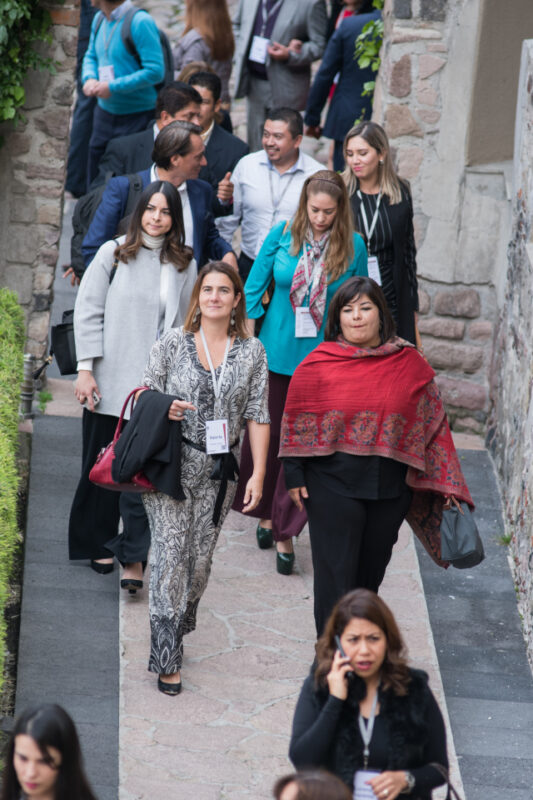- Although women have increased their participation in the labor market, they are more likely to register low wages than men.
- The participation of women in senior and middle management positions has increased by 10 percentage points in 15 years, and during the pandemic they have reached 52% representation.
- CIMAD’s report, supported by AT&T Mexico, shows that, in addition to professional work, women spend more time in domestic or care work.
Mexico City, November 2020. - Between 2005 and 2020, there have been significant advances in the participation of women in the workplace in Mexico, however, differences in general working conditions still prevail, equal opportunities and treatment in employment between men and women who affect women most and put them at a disadvantage compared to the goal of achieving productive and decent employment, that is, with a fair wage for what they contribute to their companies, by 2030.
This is indicated by the research "Decent Work in Mexico 2005-2020: Analysis with a Gender Perspective", presented by the Women’s Research Center in Senior Management (CIMAD) of IPADE Business School, with the support of AT&T Mexico, and which takes as a framework objective 8: "Decent work and economic growth", within the 17 Sustainable Development Goals of the United Nations Development Programme (UNDP).
Yvette Mucharraz, Director of CIMAD, highlighted that today women are more often incorporated into the labor market, so the gap in labor participation in the last 15 years has narrowed: "the proportion of working women has increased by 5 percentage points; on average, 40.7% of women and 75% of men are in the labour market; while women have increased by almost 10 percentage points their participation in the top and middle management of companies in Mexico, representing an average annual growth rate of 2%".
Benjamín Alemán, professor of the Economic Environment area of IPADE, mentioned that there are improvements in most indicators of decent work, both in the global labor market and for women. However, "women are more likely to register low wages (39.4% on average) than men (36.4% on average); informality is more common among women (58.5% vs. 57.7%) and this gender disparity has not improved in the last 15 years."
"For women, achieving a balance between work and family life remains a challenge, and that is why companies must offer more flexible work options to attract, retain and reward female talent," said Cristina Ruiz De Velasco, Vice President and Chief Executive Officer of Preferred Customer Care at AT&T Mexico. "We are changing the game in the representation of women in a male-dominated sector. But we’re not only doing it inside the company, but we’re also doing it outside".
Regarding the balance between work, family and personal life, specialists found that the gap in leisure time between women and men has been closing slowly, this is mainly because men work excessive hours more often than women (33.41% of them; 18.7% of them), but women have less leisure time for domestic or care work. "Women have 105 average hours off per week, while men have 117 hours," Benjamin Alemán pointed out.
The report, based on data from the National Employment and Employment Survey (ENOE) and the INEGI Telephone Employment and Employment Survey (ETOE), also mentions that the COVID-pandemic19 has particularly affected those employed in the informal sector and younger workers. Likewise, the effect seems to have been greater on men than on women: "In the case of women, they have reached 52% representation in senior and middle management positions, a result, perhaps, of the disproportionate departure of men in these positions," Alemán said.
"Some indicators seem to show improvements for women, but this is only a reflection of the decrease in the labor participation of women or men and not a genuine improvement in female working conditions," Mucharraz mentioned.


